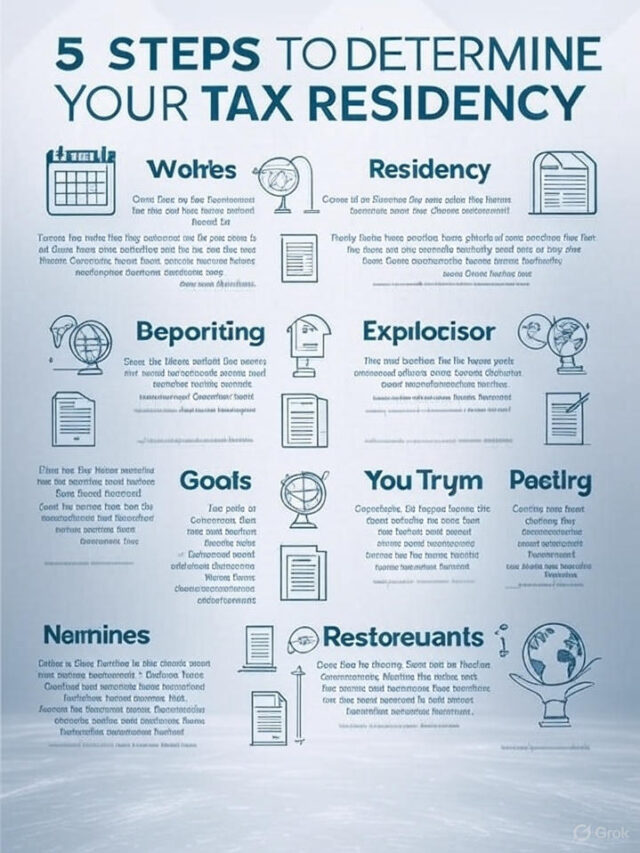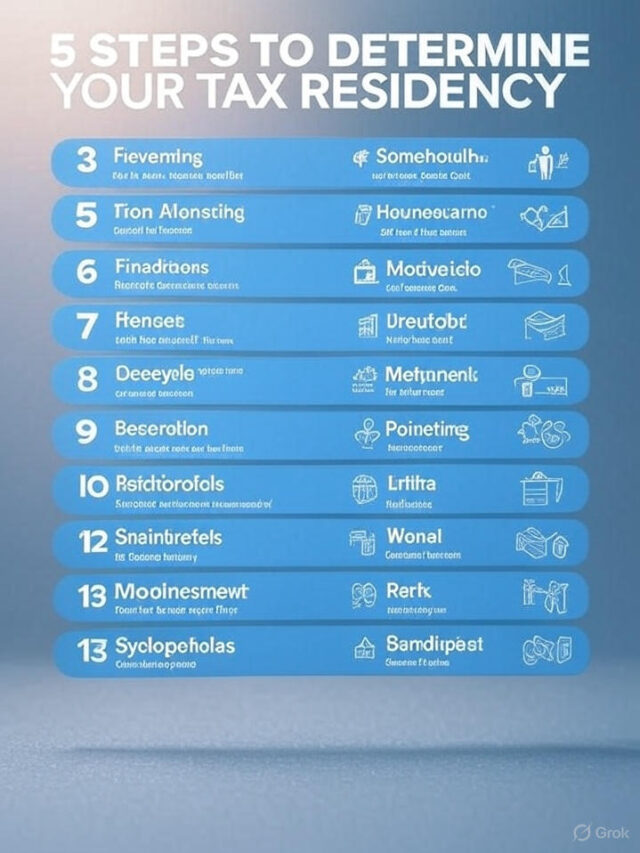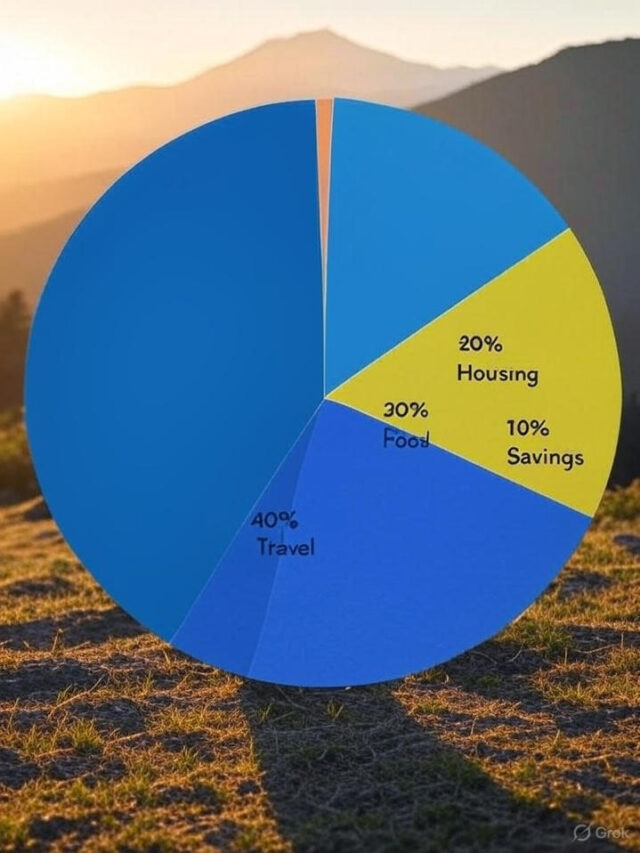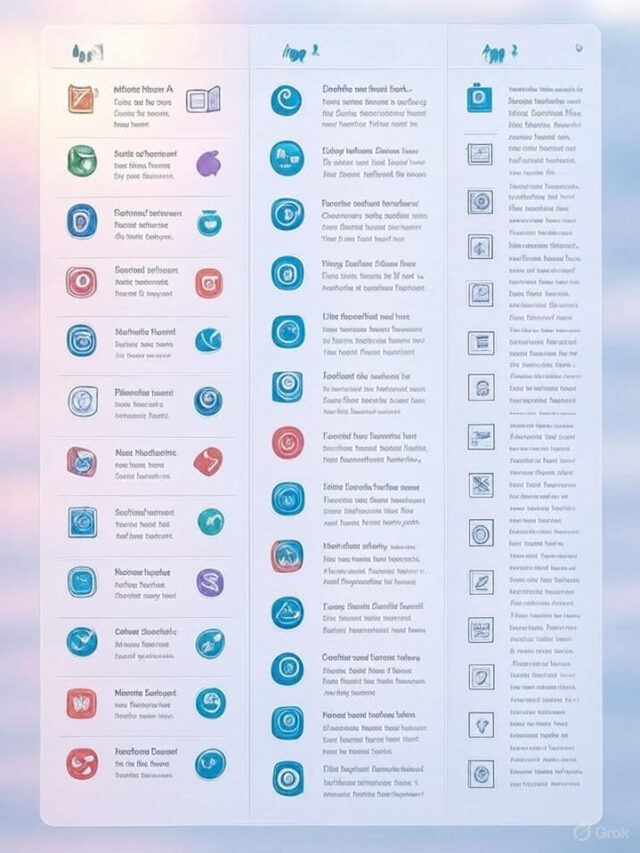
What Causes Chronic Health Anxiety? Unraveling the Hidden Triggers
Imagine standing in front of a mirror, heart racing, convinced that every twinge or ache is a sign of something catastrophic. For most of the people, it is not just a worry but a regular battle within the self. Chronic health anxiety, also known as hypochondria or illness anxiety disorder, grips people in a cycle of fear about their health. But what causes chronic health anxiety? Why does it take hold and refuse to let go? Let’s dive into the roots of this condition with a fresh perspective, blending expert insights with real-world relatability, so you can understand, cope, and maybe even break free.
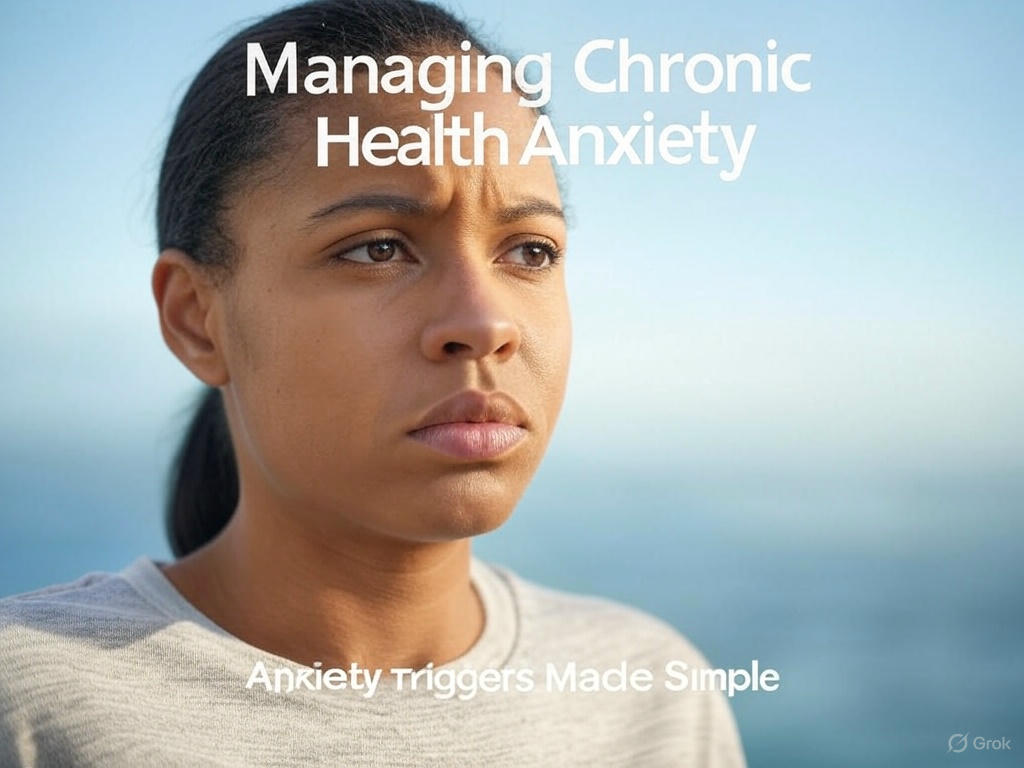
Table of Contents
The Perfect Storm: How Chronic Health Anxiety Begins
Psychological Triggers: The Mind’s Role in Health Anxiety
Environmental and Social Influences
Biological Factors: Is It in Your Wiring?
Modern Life: The Anxiety Amplifier
Conclusion: Taking Control of Chronic Health Anxiety
FAQ: Quick Answers to Common Questions
The Perfect Storm: How Chronic Health Anxiety Begins
Chronic health anxiety doesn’t just appear out of nowhere—it’s like a storm brewing from multiple forces. A single Google search for a headache will lead into a potential suspect of brain tumors. According to the Anxiety and Depression Association of America, about 1-5% of people struggle with illness anxiety disorder, but countless others experience milder forms. So, what causes chronic health anxiety to take root? It’s often a mix of psychological, environmental, and biological factors, each feeding into the other like a feedback loop. Let’s break it down.
Psychological Triggers: The Mind’s Role in Health Anxiety
Your mind can be your best friend or your worst enemy. When it comes to chronic health anxiety, it’s often the latter, spinning stories that feel all too real. Here’s how the mind plays a starring role:
-
Catastrophic Thinking: A minor symptom—like a racing heart—gets blown out of proportion. Suddenly, it’s not just stress; it’s a heart attack. This cognitive distortion is a hallmark of health anxiety.
-
Hypervigilance: People with chronic health anxiety become hyper-aware of their bodies. Every sensation, from a stomach gurgle to a muscle twitch, feels like a red flag.
-
Past Trauma: A history of illness—yours or a loved one’s—can plant seeds of fear. For example, losing a parent to cancer might make every lump feel like a death sentence.
Take Sarah, a 32-year-old teacher. After a bout of unexplained dizziness, she spent weeks convinced she had a neurological disorder. Therapy revealed her anxiety stemmed from childhood memories of her mother’s frequent hospitalizations. Understanding these triggers helped Sarah reframe her fears.
Environmental and Social Influences
Your surroundings shape your mind more than you might think. What causes chronic health anxiety often lies in the world around you:
Overexposure to Health Information: Dr. Google is a notorious culprit. A 2023 study found that 70% of people who search symptoms online end up more anxious than before.
Social Media Echo Chambers: Scrolling through health forums or influencer posts about rare diseases can amplify fears. It’s like joining a club where everyone’s obsessed with worst-case scenarios.
Cultural Pressures: In a society obsessed with wellness—think juice cleanses and fitness trackers—there’s pressure to be “perfectly healthy.” Any deviation feels like failure.
Consider Jake, a college student who joined an online group for Lyme disease after a tick bite. The group’s horror stories fueled his belief that he’d never recover, even after tests came back negative. His environment fed his anxiety until he stepped away from the noise.
Biological Factors: Is It in Your Wiring?
Sometimes, what causes chronic health anxiety isn’t just in your head—it’s in your biology. Your body and brain chemistry can set the stage:
Overactive Amygdala: This almond-shaped part of your brain controls fear responses. In people with anxiety disorders, it’s like an alarm system that’s always on high alert.
Genetic Predisposition: If your family has a history of anxiety disorders, you’re more likely to develop health anxiety. A 2021 study in Nature Genetics found that anxiety disorders have a 25-40% heritability rate.
Chemical Imbalances: Low serotonin or dopamine levels can make you more prone to obsessive thoughts, including health worries.
Think of it like a car with a sensitive gas pedal—one small push, and you’re speeding into panic mode. Medications or lifestyle changes, like exercise, can help recalibrate the system.
Modern Life: The Anxiety Amplifier
Let’s face it: the 21st century isn’t exactly a chill place to live. Modern life throws curveballs that make chronic health anxiety worse:
Information Overload: With 24/7 news cycles and health apps tracking your every heartbeat, it’s easy to feel overwhelmed. A 2022 survey showed 60% of Americans feel stressed by constant health notifications.
Pandemic Fallout: COVID-19 left a lasting mark. The fear of illness became a global obsession, and for some, it never faded. Clinics reported a 20% spike in anxiety-related visits post-2020.
Isolation: Working from home or scrolling in solitude can trap you in your thoughts, giving health worries room to grow.
It’s like living in a pressure cooker. But here’s the good news: recognizing these triggers is the first step to turning down the heat.
Taking Control of Chronic Health Anxiety
What causes chronic health anxiety isn’t a single villain—it’s a cast of characters, from your brain’s wiring to the smartphone in your hand. But understanding these causes is like getting a map to navigate the storm. You’re not doomed to live in fear. Therapy, like cognitive-behavioral therapy (CBT), can rewire catastrophic thinking. Mindfulness practices can calm an overactive amygdala. And stepping away from Dr. Google? That’s a game-changer. You’ve got the power to rewrite your story—one where anxiety doesn’t call the shots. So, take a deep breath, and start work on it.
FAQ: Quick Answers to Common Questions
Q: What causes chronic health anxiety to flare up suddenly?
A: Stress, new symptoms, or exposure to health-related media can trigger flare-ups. Identifying personal triggers is key.
Q: Can chronic health anxiety be cured?
A: While it may not vanish completely, therapy and coping strategies can significantly reduce its impact.
Q: Is chronic health anxiety the same as OCD?
A: They’re related but distinct. Health anxiety focuses on illness fears, while OCD involves broader obsessive-compulsive patterns.
Q: How do I stop Googling my symptoms?
A: Set boundaries, like limiting searches to once a week, and redirect your focus to hobbies or mindfulness.
Q: Are there medications for chronic health anxiety?
A: Yes, antidepressants or anti-anxiety meds can help, but they’re most effective with therapy. Consult a doctor.


Tax Strategies for Digital Nomads: A Comprehensive Guide to Staying Compliant and Saving Money
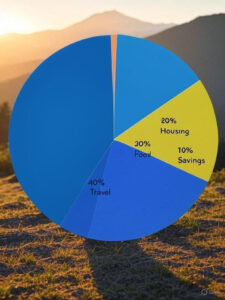

Saving Money as a Digital Nomad: A Comprehensive Guide to Financial Freedom


The Best Budgeting Apps for Digital Nomads: Managing Finances on the Go


AI Writing Tools: Your Ultimate Guide to Smarter Content Creation in 2025

Pages
Categories
Recent Posts

Retirement Planning for Digital Nomads: A Roadmap to Financial Freedom on the Move

Tax Strategies for Digital Nomads: A Comprehensive Guide to Staying Compliant and Saving Money


Saving Money as a Digital Nomad: A Comprehensive Guide to Financial Freedom



